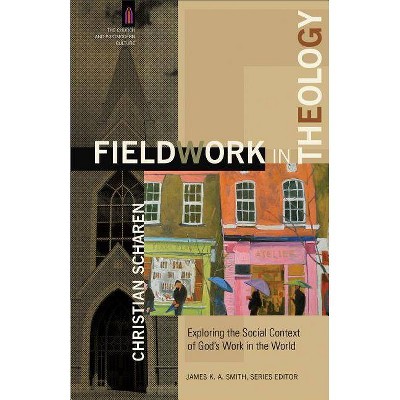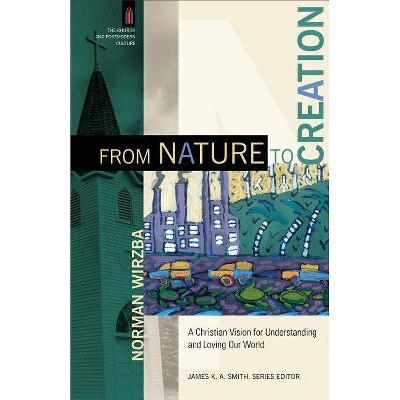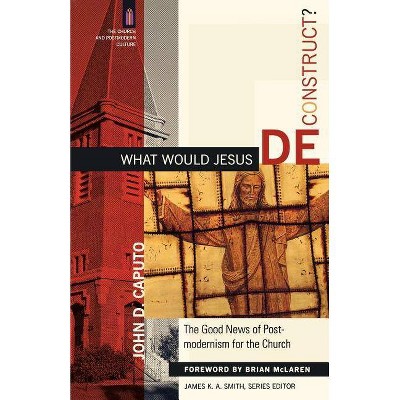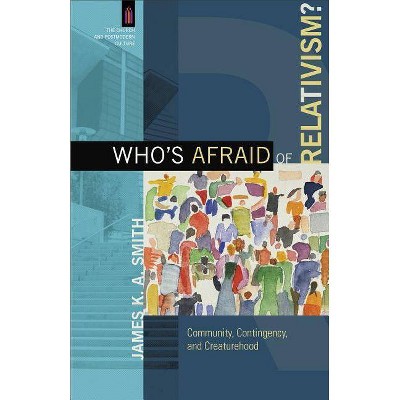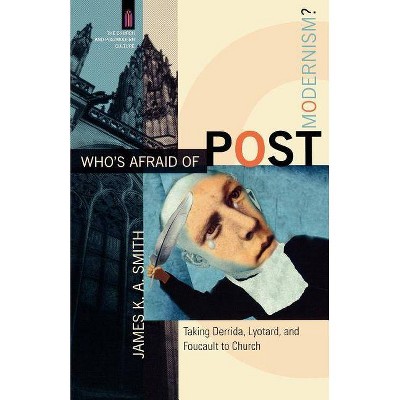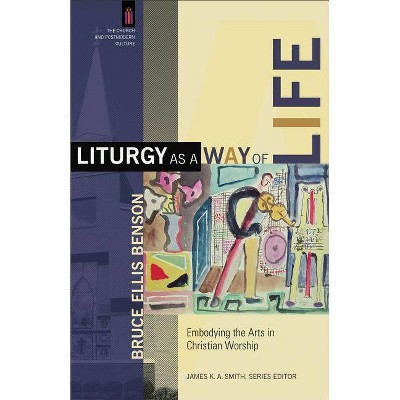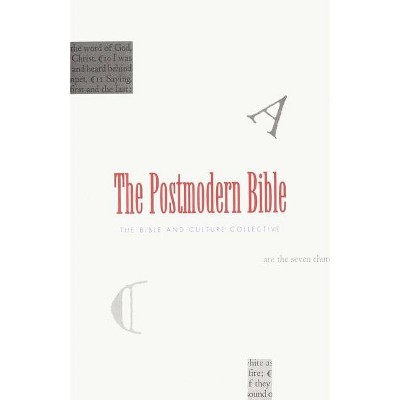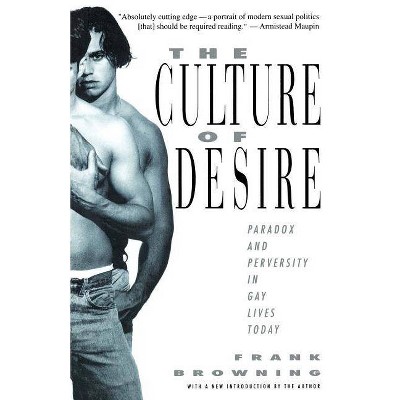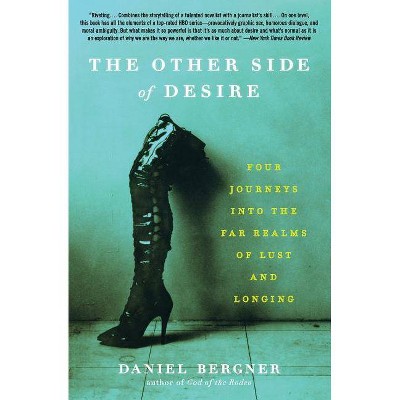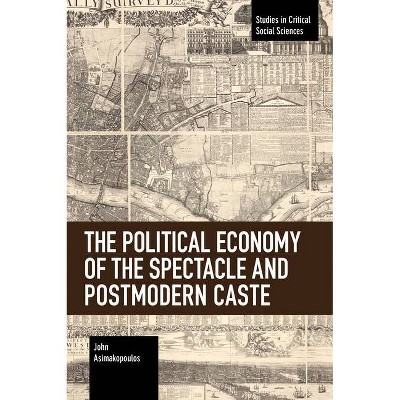The Economy of Desire - (Church and Postmodern Culture) by Daniel M Jr Bell (Paperback)
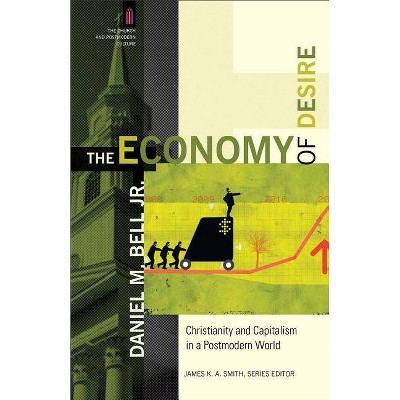
Similar Products
Products of same category from the store
AllProduct info
<p/><br></br><p><b> About the Book </b></p></br></br>This book compares and contrasts capitalism and Christianity, showing how Christianity provides resources for faithfully navigating the global economy.<p/><br></br><p><b> Book Synopsis </b></p></br></br>In this addition to the award-winning Church and Postmodern Culture series, respected theologian Daniel Bell compares and contrasts capitalism and Christianity, showing how Christianity provides resources for faithfully navigating the postmodern global economy.<br/><br/>Bell approaches capitalism and Christianity as alternative visions of humanity, God, and the good life. Considering faith and economics in terms of how desire is shaped, he casts the conflict as one between different disciplines of desire. He engages the work of two important postmodern philosophers, Deleuze and Foucault, to illuminate the nature of the postmodern world that the church currently inhabits. Bell then considers how the global economy deforms desire in a manner that distorts human relations with God and one another. In contrast, he presents Christianity and the tradition of the works of mercy as a way beyond capitalism and socialism, beyond philanthropy and welfare. Christianity heals desire, renewing human relations and enabling communion with God.<p/><br></br><p><b> From the Back Cover </b></p></br></br>"There is no getting around the cry for a just Christian economics in Bell's argument, nor the vision for a virtuous market participating in the divine economy of salvation. Bell's passion is prophetic, and this book screams out to be read in the new era of austerity that all of us are entering now. A revolution is needed, and it has to begin with a right disciplining of desire."<br/>--<b>Graham Ward</b>, University of Oxford<br/><br/>"Bell persuasively demonstrates that every economy presupposes a theology because they share in common the production, distribution, and communication of desire. This is the most thoroughly researched and accessible book on theological economics available today. Its breadth is impressive, its argument compelling."<br/>--<b>D. Stephen Long</b>, Marquette University<br/> <br/>"In dialogue with postmodern philosophers and theologians, Bell delves perceptively into human desire and the ways desire is held captive by the culture and structures of capitalism. He matches his expertise in this endeavor with a sensitive and imaginative mining of the monastic traditions to elaborate a biblical economy of desire that serves life against death. The result is a rich portrayal of practices from which every congregation can benefit in this time of economic and political tumult."<br/>--<b>M. Douglas Meeks</b>, Vanderbilt University Divinity School<br/><br/>"We need books that ask us to think carefully, and in a Christian manner, about what an economy is ultimately for. <i>The Economy of Desire</i> enables us to go deeply into the heart of today's economic activity so we can assess its inspiration in Christ and its participation in God's redemptive work in the world."<br/>--<b>Norman Wirzba</b>, Duke Divinity School<br/><br/>"The most dangerous act in the world today is to believe, to desire. But desire alone is not enough. Bell's book is radical because he teaches us not just how to desire but the content of desire itself--a desire for God, for the good, for something bigger than ourselves. <i>The Economy of Desire</i> is the manifesto for restoring dignity in the wake of injustice."<br/>--<b>Creston Davis</b>, Rollins College<p/><br></br><p><b> About the Author </b></p></br></br>Daniel M. Bell Jr. (PhD, Duke University) is professor of theological ethics at Lutheran Theological Southern Seminary in Columbia, South Carolina. He is an ordained elder in the United Methodist Church and the author of "Just War as Christian Discipleship "and "Liberation Theology after the End of History."
Price History
Price Archive shows prices from various stores, lets you see history and find the cheapest. There is no actual sale on the website. For all support, inquiry and suggestion messagescommunication@pricearchive.us
